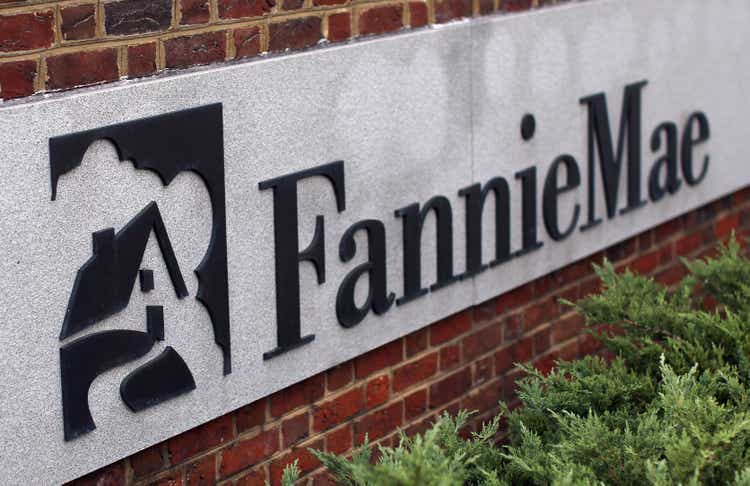
The Future of Fannie Mae and Freddie Mac: Privatization on the Horizon?
The debate surrounding the future of Fannie Mae and Freddie Mac, the two government-sponsored enterprises (GSEs) that underwrite a significant portion of the US mortgage market, has reignited. For years, these entities have operated under government conservatorship following the 2008 financial crisis, a period marked by significant government intervention and bailout. Now, a potential shift in policy is being considered, one that could fundamentally reshape the American housing market.
The core of the discussion centers around privatization. The argument for privatization hinges on several key points. Proponents suggest that returning Fannie Mae and Freddie Mac to private ownership would increase efficiency and reduce the risk to taxpayers. Under government control, these entities are arguably subject to less market pressure and potentially less innovative solutions. A shift to private ownership could encourage greater competition and potentially drive down the cost of mortgages for borrowers. Furthermore, some argue that government involvement inherently creates inefficiencies and distorts market signals, hindering the long-term health of the housing sector. A private sector model, they believe, would foster a more dynamic and responsive market, better equipped to adapt to changing economic conditions.
However, the path to privatization is not without significant hurdles and considerable debate. A primary concern revolves around systemic risk. The argument against privatization often focuses on the potential for another housing market crash if Fannie and Freddie are returned to private ownership without robust safeguards. The scale of their operations – guaranteeing mortgages for a huge portion of the market – means their failure could trigger a wider financial crisis. Critics point to the 2008 crisis as a prime example of the risks associated with insufficient regulation and oversight of such powerful institutions.
Another critical aspect involves the potential impact on access to mortgages, particularly for low- and moderate-income borrowers. Fannie and Freddie play a crucial role in making mortgages available to a broad range of individuals, including those with less-than-perfect credit or lower down payments. Concerns exist that privatizing these entities could lead to tighter lending standards and reduced access to credit for underserved communities, exacerbating existing inequalities in homeownership. The delicate balance between private sector efficiency and equitable access to housing remains a central point of contention.
The potential implications of any change extend far beyond the financial sector. The housing market is deeply intertwined with the overall economy, influencing job creation, consumer spending, and overall economic growth. Any restructuring of Fannie Mae and Freddie Mac would have profound effects on the real estate industry, construction jobs, and the stability of the broader financial system. Consequently, any decision regarding their future requires careful consideration of the potential ripple effects across numerous sectors and the overall economy.
Ultimately, the debate over privatization boils down to a complex balancing act. It involves weighing the potential benefits of increased efficiency and reduced taxpayer risk against the potential risks of increased systemic instability and reduced access to affordable housing. The decision will require thorough analysis, careful planning, and a comprehensive understanding of the potential consequences for the economy as a whole. The future of Fannie Mae and Freddie Mac will undeniably shape the future of the American housing market for years to come, demanding a cautious and well-informed approach.



Leave a Reply